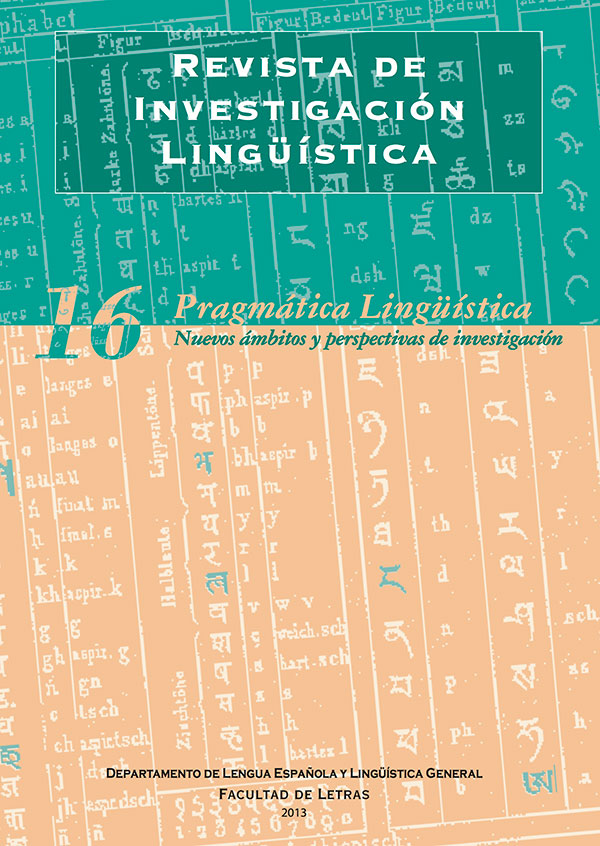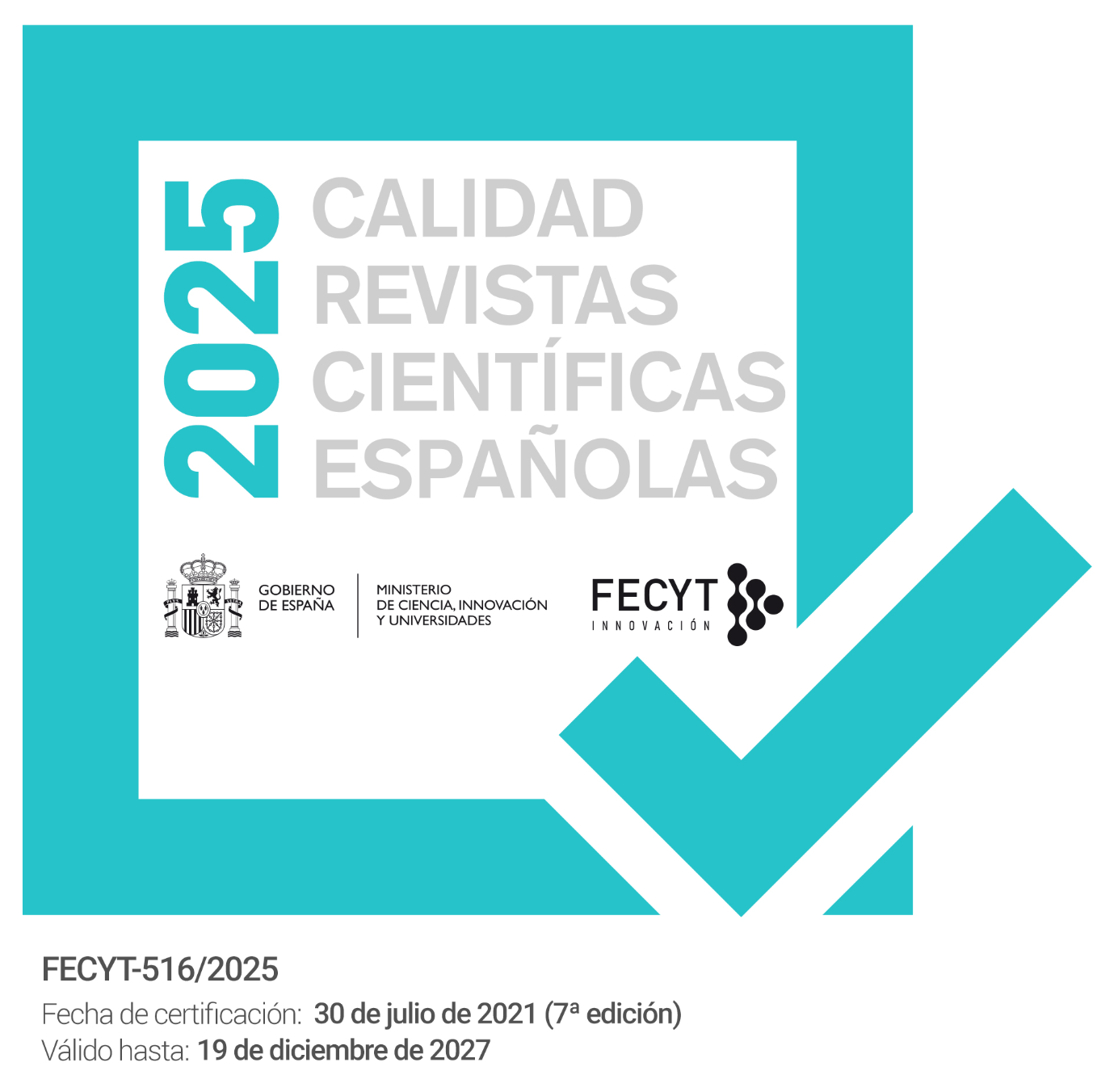Assessment of thematic progression in spontaneous conversation of right hemisphere damaged subjects
Abstract
Discourse abilities are usually affected in right hemisphere damaged (RHD) people. Research on the conversation of subjects with RHD, in addition to being sparse, has hitherto used tasks too far removed from natural communication. Moreover, it has normally been conducted in clinical environments. These reasons make its results suspicious of being to some extent artificial. This paper focuses on pragmatic abilities affecting discourse coherence in spontaneous conversation. It analyses the interaction of 4 right hemisphere damaged speakers with their key-conversational partners in an ecological environment, in order to test the presence of difficulties pointed out by the literature. Conclusions: The slowing of thematic progression is related to an abnormal increase of the average lenght of turns. When this occurs, the subcategories of cohesive ellipsis, recurrence of contents, and digression also receive a negative assessment.Downloads
-
Abstract401
-
PDF (Español (España))204
The works published in this magazine are subject to the following terms:
1. The Publications Service of the University of Murcia (the publisher) preserves the economic rights (copyright) of the published works, and favors and allows the reuse of same under the license of use indicated in point 2.
2. The papers are published in the electronic edition of the magazine under a Creative Commons Attribution-NonCommercial-NoDerivative 3.0 Spain license (legal text). Papers may be copied, used, disseminated, transmitted and publicly exhibited if the following requirements are met: i) The authorship and the original source of its publication (magazine, editorial and URL of the work) must be cited; ii) The works cannot be used for commercial purposes; iii) The existence and specifications of this user license must be explicitly mentioned.
3. Self-archiving conditions. Authors can electronically disseminate pre-print versions (version before being evaluated) and / or post-print versions (version evaluated and accepted for publication). This makes possible its circulation and diffusion earlier and with it a possible increase in its citation and reach among the academic community. RoMEO color: green.










